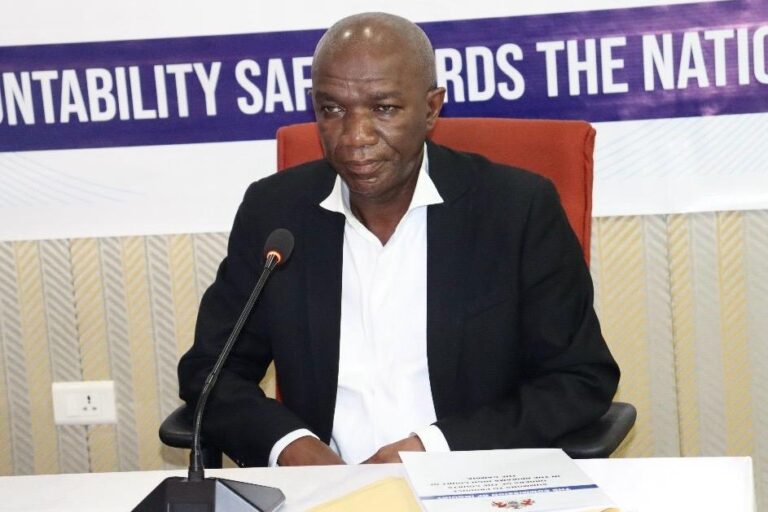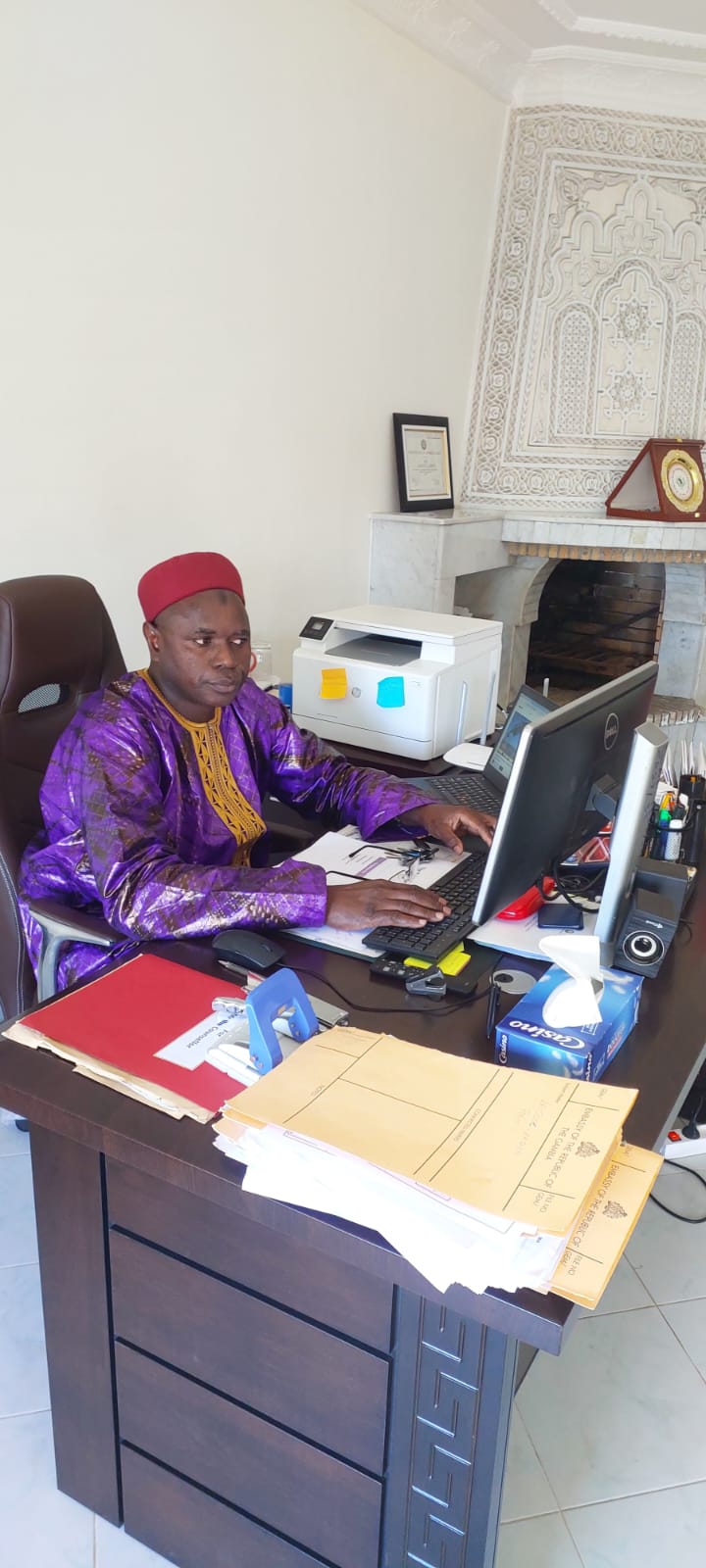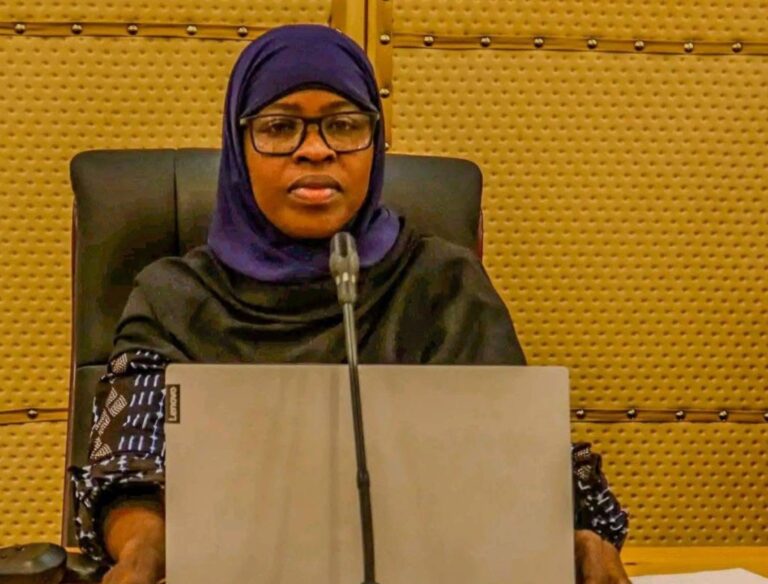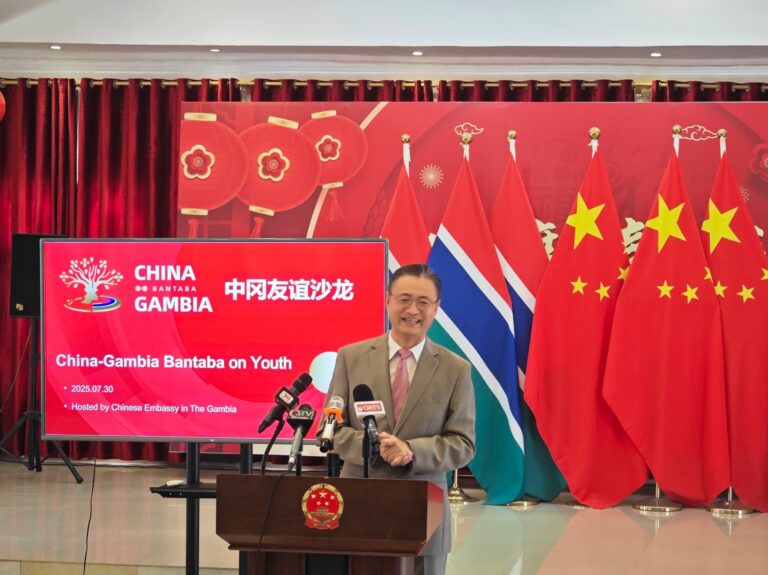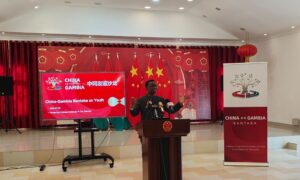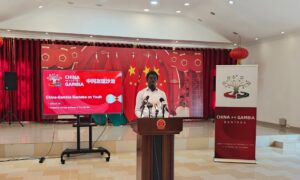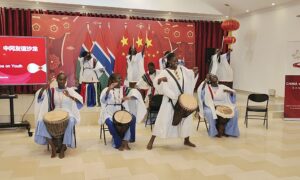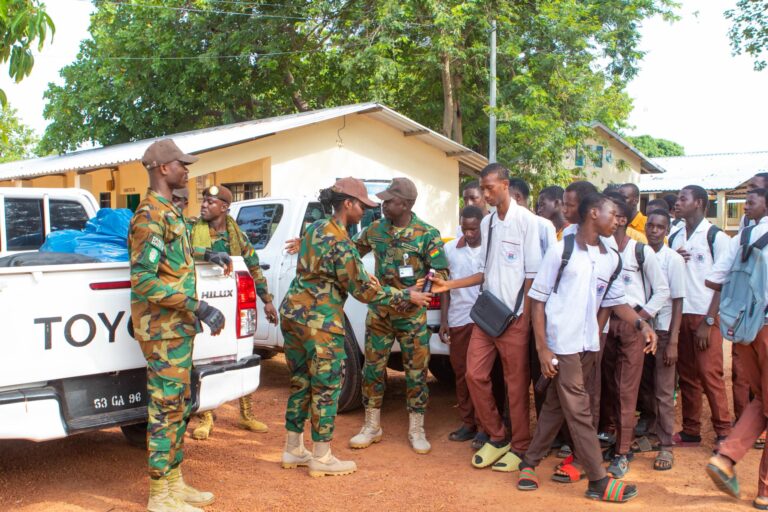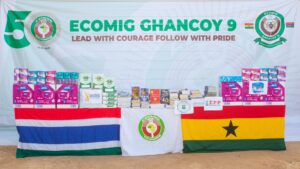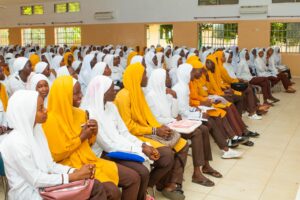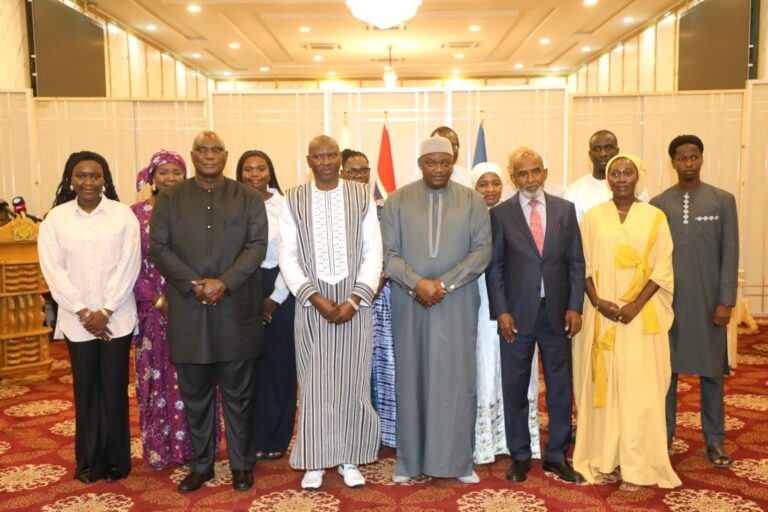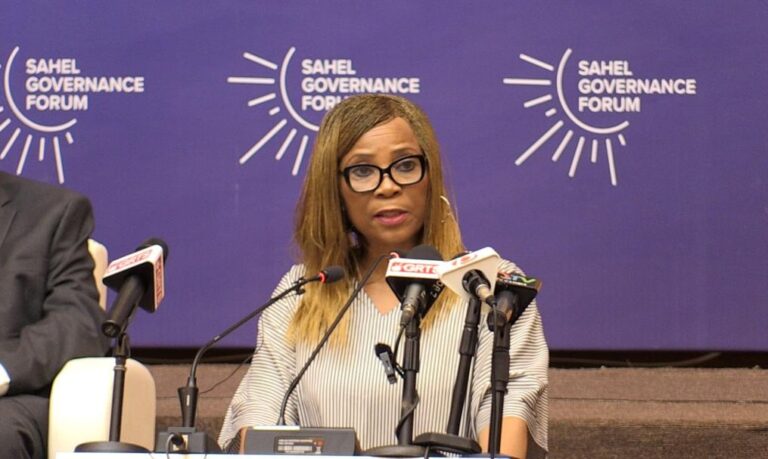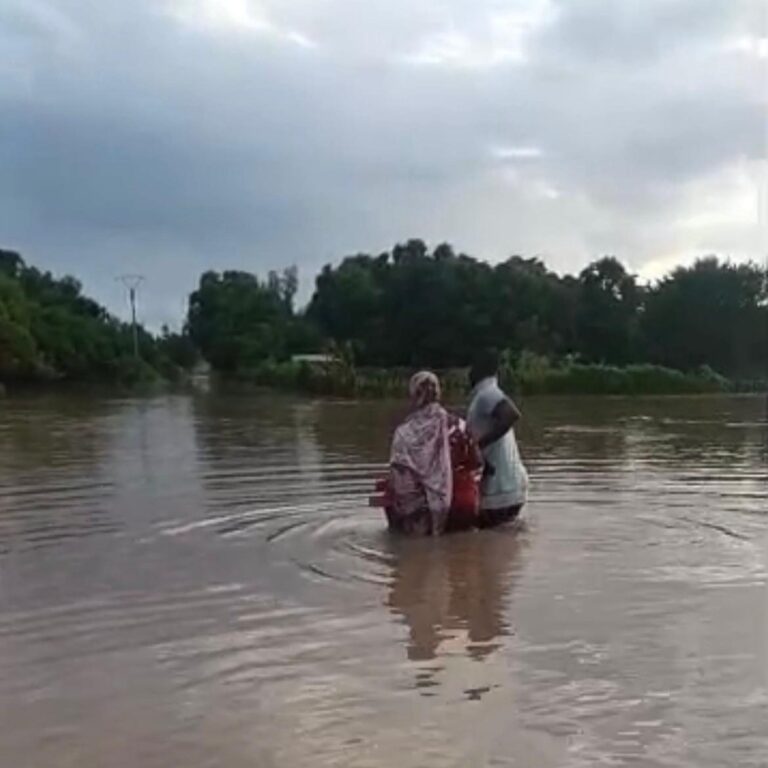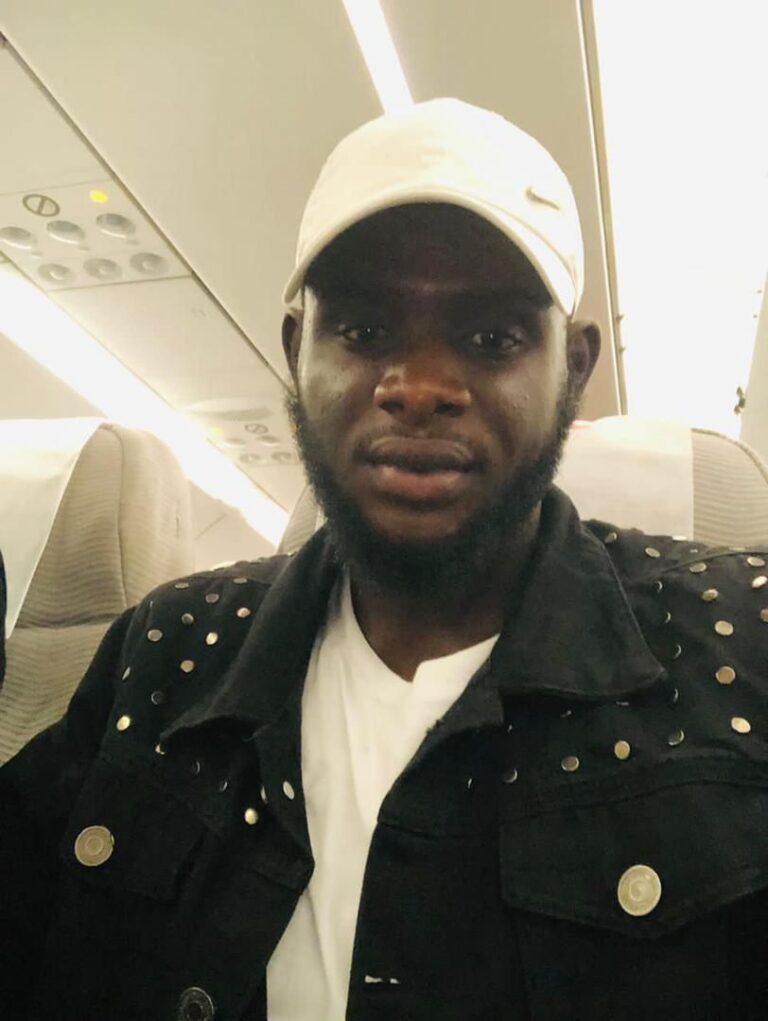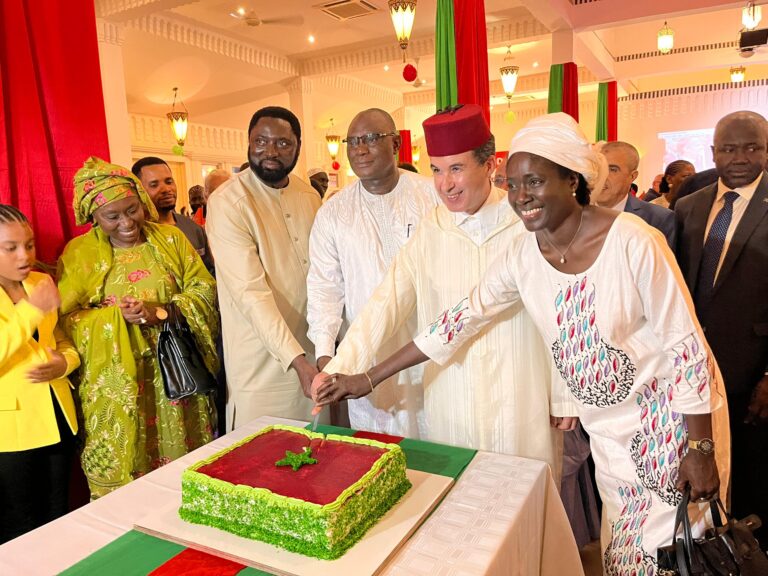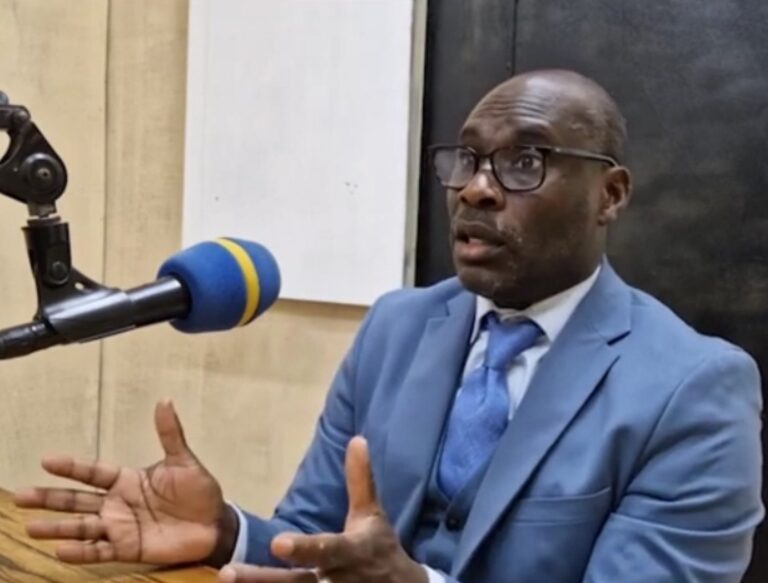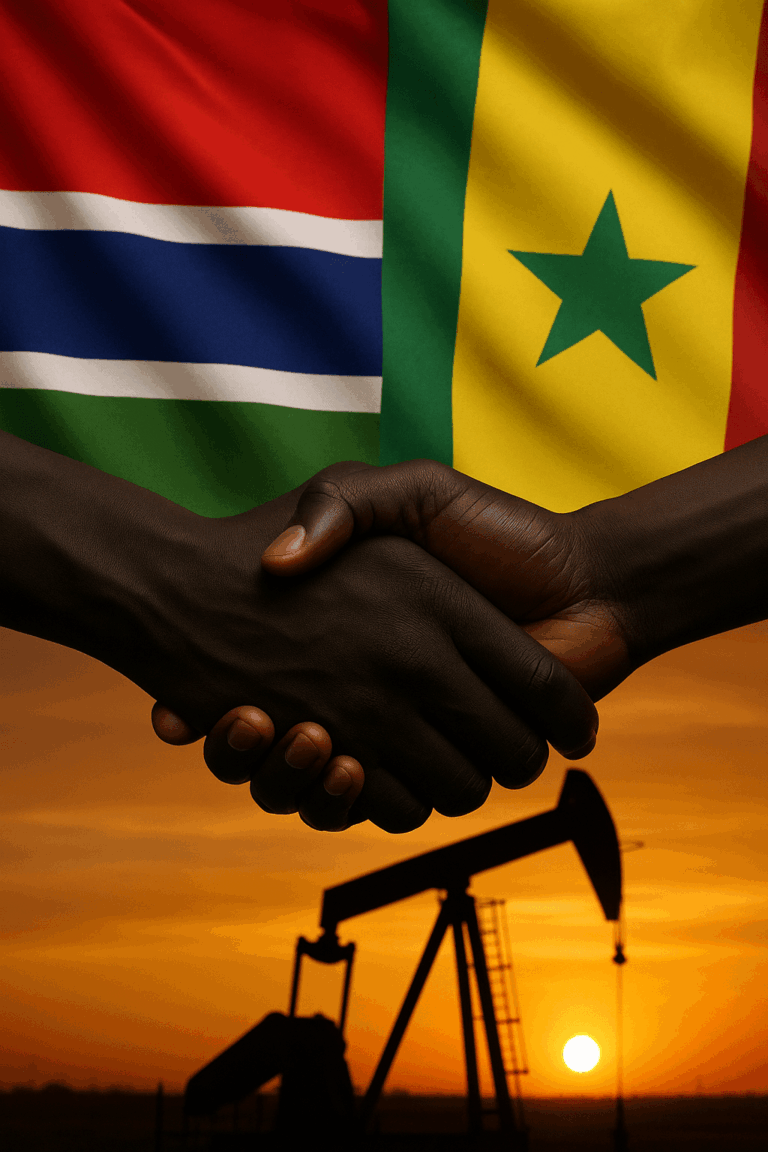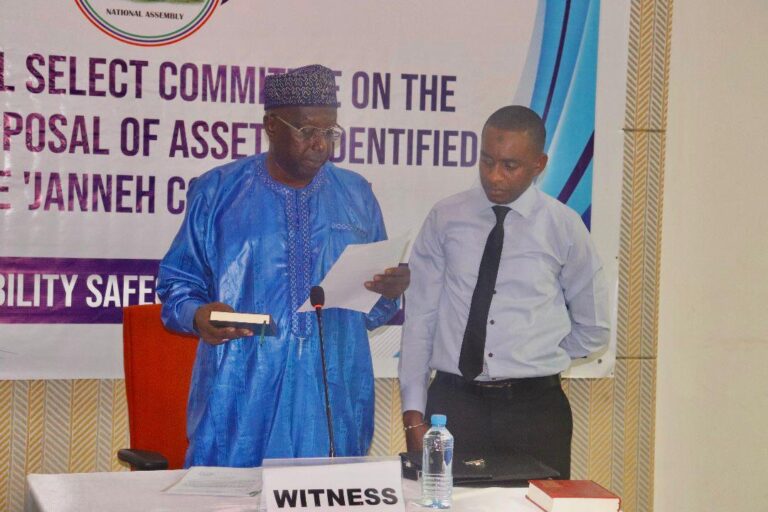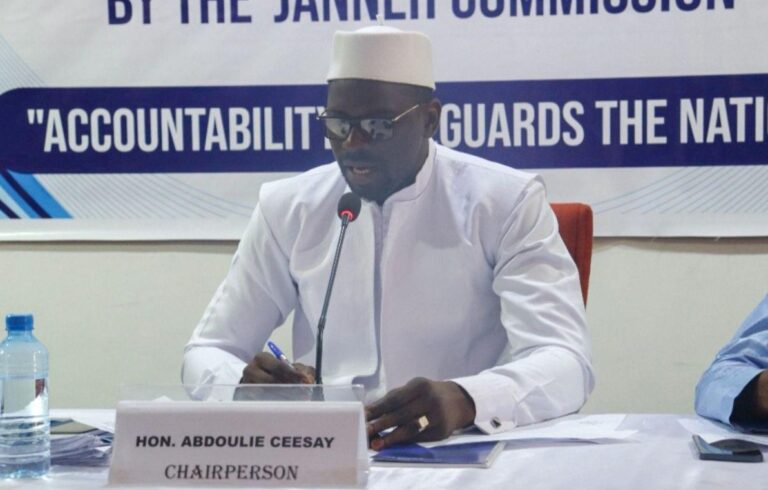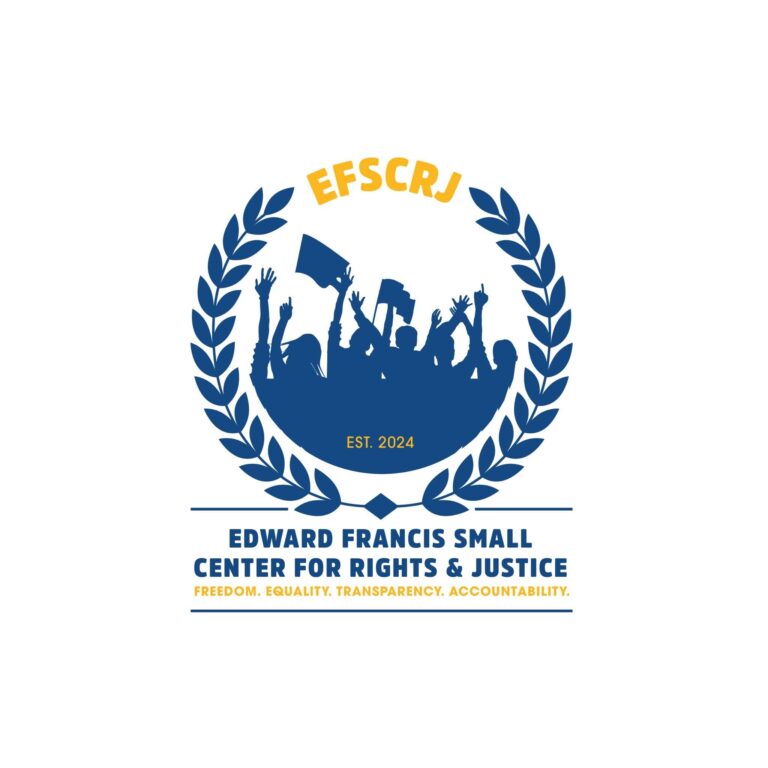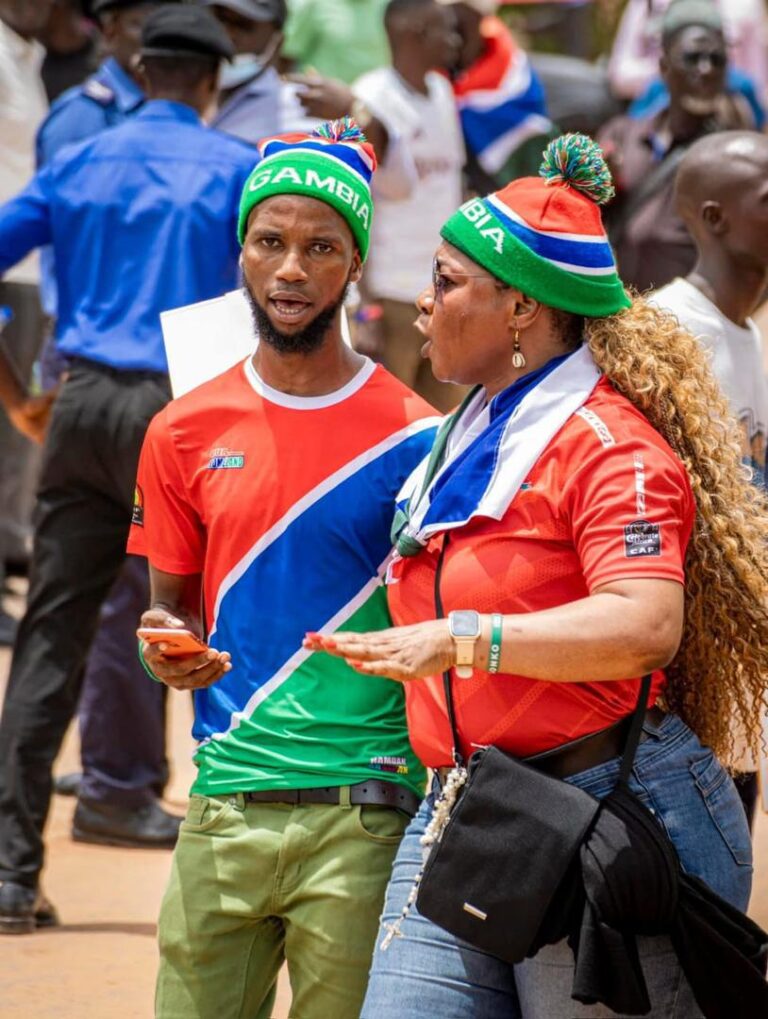By Mama A. Touray
The former Sheriff of the High Court, Justice Tabally, has admitted before a National Assembly committee that the sale of assets linked to ex-president Yahya Jammeh was poorly handled and lacked basic record-keeping.
Testifying on Friday before the special select committee probing the sales and disposal of assets identified by the Janneh Commission, Tabally said: “We were not able to keep [a] record of [the] list of buyers. What we had was the amount received and the number of cattle sold from each farm. Not necessarily an individual buyer, there was no record of that. So, I compiled that, and from that I prepared this report to return to submit to both the Office of the Chief Justice and the Attorney General.”
He acknowledged he did not personally prepare the return of sales for each buyer, despite that being the conventional practice. “In an ideal, conventional sheriff sale, that is, but we are treating this as one single case. And like I said before, we were, I don’t know whether I mentioned this, but we were not able to keep records of a list of buyers,” he told lawmakers.
Current Sheriff Omar Jabang had previously testified that a return of sales document is required for each buyer and must be filed, with a copy given to the buyer for bank payment.
Pressed by counsel Aji Sainey Kah on how he managed to prepare a report without issuing receipts or recording individual sales, Tabally said: “We had given them handwritten notes to facilitate transportation. The handwritten note is where the number of cattle is syndicated as well as the amount paid.”
He also confirmed he was not present at Farato during the sales and relied solely on the figures submitted by a bailiff. “I did not verify, but I relied on what was submitted to me, and that’s why I could not have verified, because it means I have to go back again and then count the number.” When counsel Kah pointed out that he couldn’t go back to count since the cattle had already been sold, Tabally admitted, “You would not even be able to go back to count the number because the cattle were already sold.”
Kah argued the Sheriff’s office had ignored a High Court order issued on 12 January 2018, which directed it to coordinate the sales with the Gambia Livestock Marketing Agency. “If the Sheriff had followed the order of the High Court, contacted the Gambia Livestock Marketing Agency, just like the High Court ordered… then all the situation you are seeing wouldn’t have happened,” she said. Tabally replied, “All these problems wouldn’t have arisen, I agree entirely.”
Concluding her remarks, Kah stated, “There is absolutely nothing that the Office of the Sheriff did properly, according to the order of the Court, or even to the basic standards and procedures that the Office of the Sheriff would normally use.” Tabally responded: “Yes, regrettably.”
She further criticised the sale process, noting the lack of valuation, inadequate oversight, and reliance on unverifiable private individuals. “Now it’s actually looking like the only thing the Office of the Sheriff did right… is opening the bank account and putting in the value.” Tabally countered, “I wouldn’t say that, but there were mistakes along the way.”
He finally admitted that he never read the High Court’s order that mandated the Sheriff’s Office to conduct the sale. “Yes, that is where everything fell apart,” he said.
The committee’s investigation into the disposal of former president Jammeh’s assets continues.

